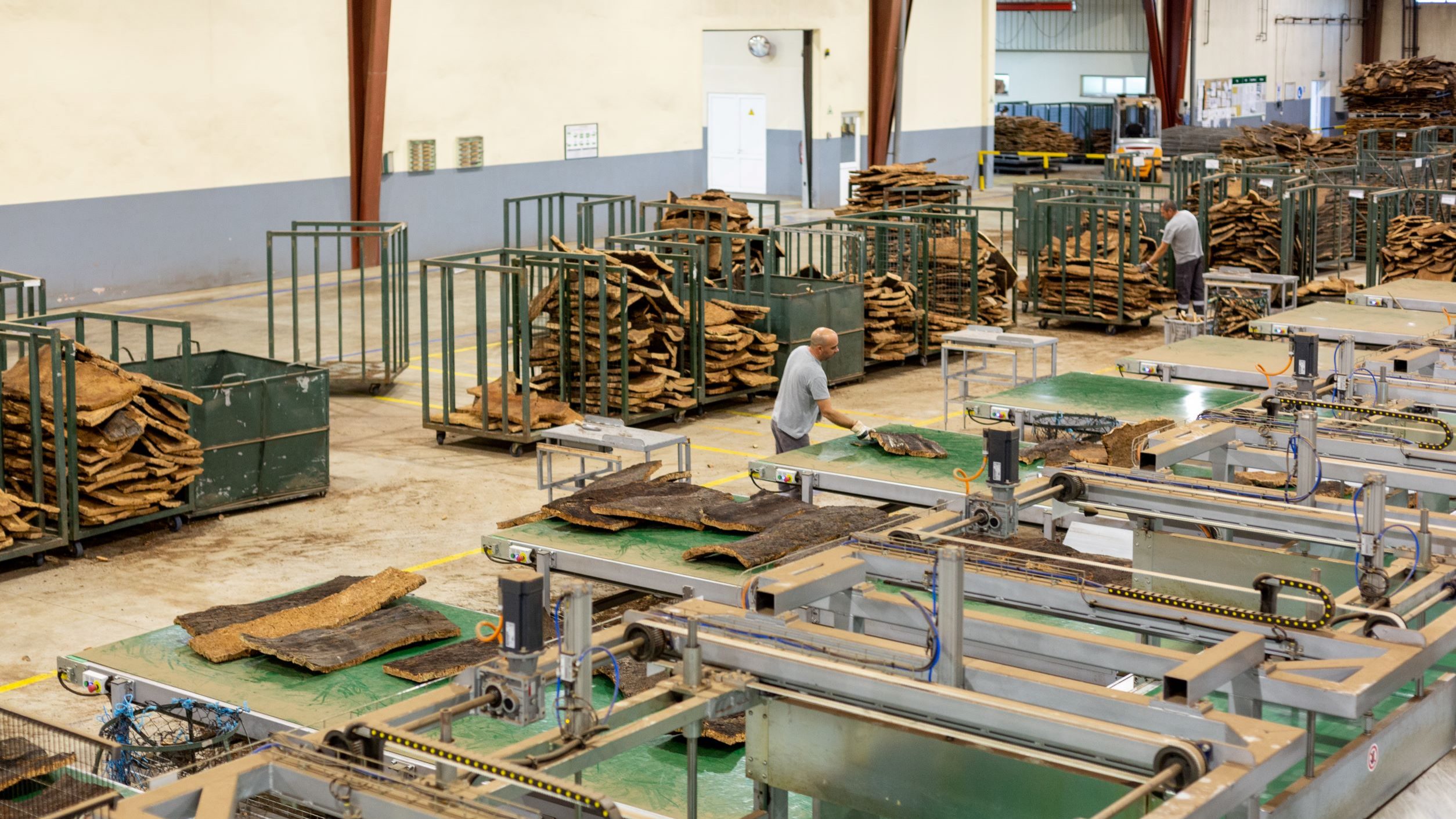Country’s automotive industry of low added value, raises concern, says ILO
The conclusions of "Automotive industry in Portugal, challenges for the future of work", a study conducted by the ILO at the request of the Portuguese government, were presented.
The characteristics of the Portuguese automotive sector raise concerns for being in a segment of the chain of low added value, at risk of losing to more central locations with electric and hybrid models, according to the ILO.
These are conclusions of the study “Automotive industry in Portugal, challenges for the future of work”, conducted by the International Labour Organization (ILO) at the request of the Portuguese government, and which was publicly presented on Tuesday.
“The Portuguese automotive sector is characterised by cost control through wage suppression, low investment up the chain, a relatively high content of imported components in exports” and by a high dependence on combustion engine-based technologies, which can be considered obstacles to greater and more equitable growth, indicates the ILO, considering that such characteristics “raise concerns” that it may be stuck in a segment of the chain with low added value.
Another of the obstacles to this growth is the “high proportion of foreign participation in companies”, says the ILO, arguing that the way to break this cycle and protect the sector’s role as a large employer (with about 45,000 workers) is through a “coherent strategy of public policies” that support the sector and “willingness, in the industry, to make Portugal an attractive place for the production of decarbonised vehicles”.
The document recalls that Portugal initially benefited from a restructuring of the automotive industry that was supported by the outsourcing of activities and “the search for opportunities to save costs in assembly and manufacturing of components” which has led to a “particularly strong” growth of the sector since the 1990s.
The characterisation of the sector refers to cost control through “wage suppression”, “low investment up the value chain” and the relatively high content of imported components in exports, which “raises concerns” that the “sector is trapped” in a low value-added segment of the supply chain.
In parallel, the increasing flexibility required by optimised production regimes “has its corollary in the segmentation of the automotive industry workforce”, reads the study, pointing out, that “the tendency to increase reliance on temporary workers to meet demand peaks in the business cycle is prevalent among some occupations in Portugal”.
“In the European context, Portugal’s peripheral position has been sustained by cumulative wage devaluation and low investment rates, in contrast to its Central and Eastern European competitors,” the document states, pointing out that “Portugal’s integration into the global automotive production network has been driven by FDI [Foreign Direct Investment], attracted by low costs and the availability of skilled labour.”
In this way, the document argues, the future of the Portuguese automotive sector is often drawn according to its ability to maintain and attract FDI. “Technology and electrification could bring production and jobs back to central locations, as well as increase the relative importance of pre- and post-production activities concentrated in these central regions”.
Thus, with electrification on the rise, “the Portuguese reliance on cost suppression is bound to become less relevant, since the manufacture of electric vehicles is less labour-intensive than that of vehicles powered by internal combustion engine technology”, which “raises concerns about how changes by OEMs [Original Equipment Manufacturers] will affect the sector in Portugal”, warns the ILO.
Given the uncertain context in which the sector operates – technological uncertainty, changes in incentives and environmental regulation, disruptions in supply chains at a global level, among other factors – the study typified four potential scenarios of future evolution that aim to serve as a basis for reflection around the strategies that can best support the sector to navigate this context of change and achieve better results in terms of employment.
Driving the sector towards the most favourable scenario should, argues the ILO, take into account policies that promote employment-intensive economic growth, support for enterprises to navigate the double transition, protection of workers both in the facilitation of labour market transitions and through social protection and the promotion of social dialogue.

